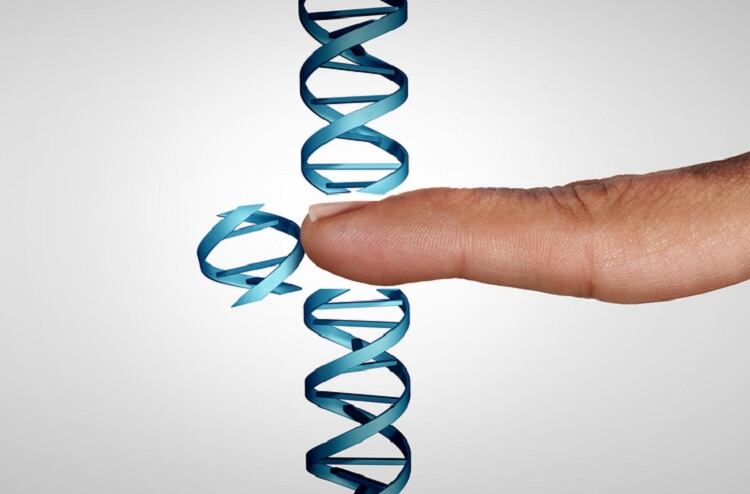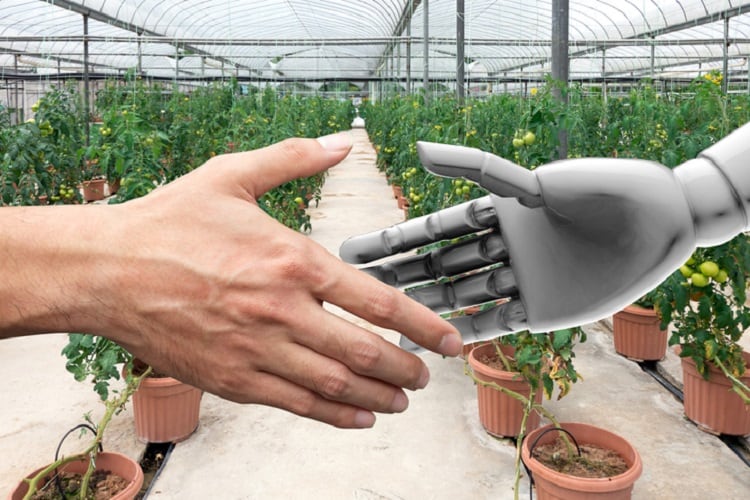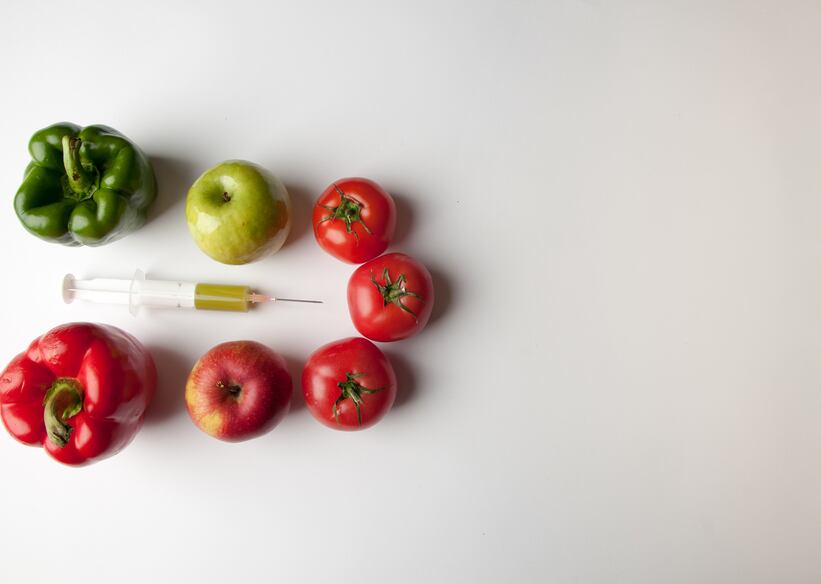Research conducted at Wageningen University & Research in the Netherlands and at the National Institute of Agricultural Botany (NIAB) in the UK has found that gene-editing technology CRISPR-Cas9 can be used to remove epitopes from gliadin protein in gluten.
Gluten, which is found in wheat grains, contains a mixture of glutenin and gliadin proteins. A majority of gliadins and a number of glutenins contain certain immunogenic epitopes that cause the allergic reaction responsible for coeliac disease in susceptible individuals.
In her PhD thesis, researcher Aurélie Jouanin identified that CRISPR-Cas9 technology, which can make precise changes in a plant’s genome, can edit out certain immunogenic epitopes.
Not all gliadins were edited out, and as a result the wheat plants were not classified ‘safe’ for coeliacs, but Jouanin developed methods to identify which genes had changed, and which ones still required modification.
Epitomes in baked products
Wheat gluten acts as a compositional protein, and as such, is used in a variety of foods to improve texture and consistency.
Baking quality is determined by gluten proteins, Richard Visser, chair and head of plant breeding at Wageningen University & Research, told FoodNavigator. “They form networks in which air can be trapped given the typical rising of wheat bread. When these proteins are taken out, or are lacking, the bread normally is much more compact, [for example] like rye bread.”
Jouanin’s research does not suggest that all gluten be removed from wheat, just the epitopes that can induce coeliac disease, he continued. “If the epitopes are taken out, or changed, then the gluten proteins will not trigger the immunogenic response and people suffering from the disease could eat all kinds of products containing this safe gluten,” said Visser.
Gene-edited wheat a boon for Europeans?
Genetic modification has attracted significant attention of late in the EU. In July 2018, the European Court of Justice (ECJ) ruled that crops obtained by mutagenesis are classified as GMOs, as the techniques and method of mutagenesis alter the genetic material of a plant in a way that does not occur naturally.
Genetic editing using CRISPR-Cas9 technology involves removing part of the genetic code and proponents argue it is therefore similar to traditional plant breeding techniques. The genetic material of a GMO, on the other hand, uses genetic engineering to insert new code.
According to Jouanin, who has advised the European Commission revise its position on genetically-modified plants, the EJC ruling hinders innovation and responsible research.
Visser similarly acknowledged that the Commission’s stance prevents the development of gene-modified wheat for consumption. “Given the current situation in Europe, these wheat genotypes would not be allowed to be grown in Europe.”

“The whole issue surrounding gene editing needs to be settled in Europe and the products made with gene editing techniques should be allowed on the market, [in an alternative category to GM]”, said Visser.
“It still will require quite some work, but if these products will be allowed on the market at least imports can be taken up…
“In any case, the proof of principle is shown and companies in the US, where gene editing is allowed and not seen as GM, are already working on that,” he said.
‘An interesting development’ for coeliac sufferers
Jouanin’s research sparked the interest of Coeliac UK chief executive Sarah Sleet. “This is an interesting development with great potential to meet the gluten-free standard necessary for those people diagnosed with coeliac disease – a serious autoimmune condition.”
“However, currently the research shows that the edited wheat plants cannot meet that standard and are not suitable for people who must follow a lifelong strict gluten-free diet to manage their condition,” Sleet told FoodNavigator. “We will keep a close eye on the research as it develops.”
According to Bianca Rootsaert, director of the Dutch Coeliac Association, gluten-free wheat would be a great improvement in the quality of life of coeliac patients.
“It is very important for them that gluten-free wheat is clearly distinguished from normal wheat, and that requires a lot of attention to the ingredient declaration on packaging or sufficient knowledge to everyone who sells food," she continued.




